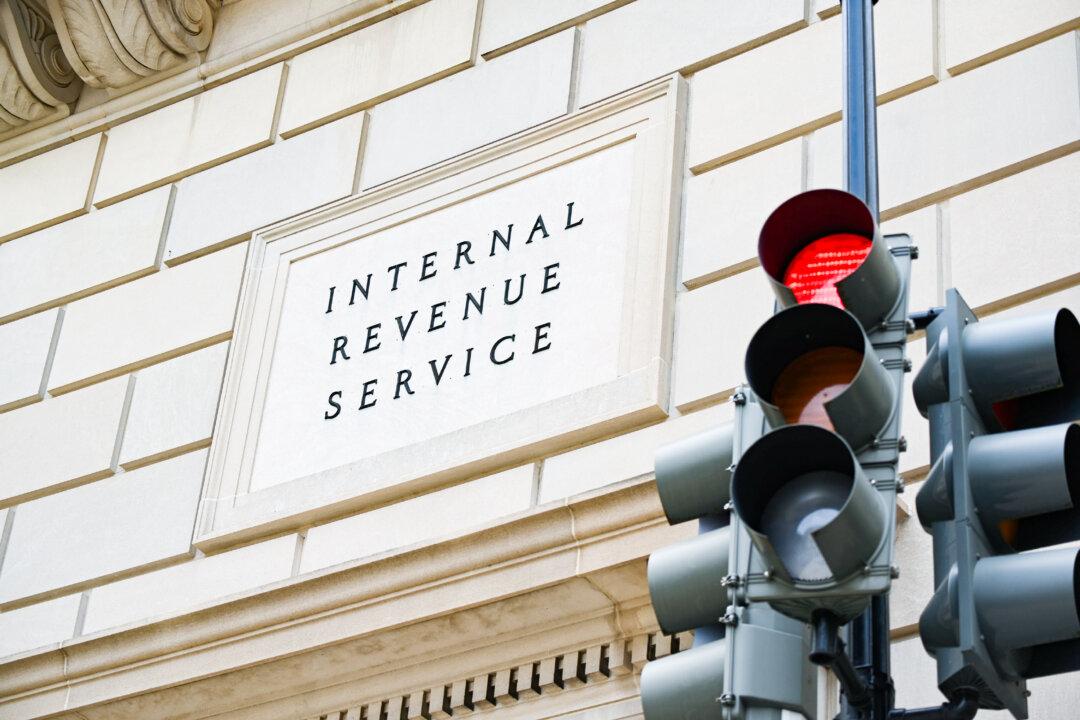The Internal Revenue Service (IRS) announced Wednesday that over a million Americans have unclaimed tax refunds for the tax year 2019 and face a looming deadline to claim a total of $1.5 billion before it becomes government property.
The IRS said in a press release that nearly 1.5 million people across the United States have unclaimed refunds because they haven’t filed their tax returns for the 2019 tax year.





